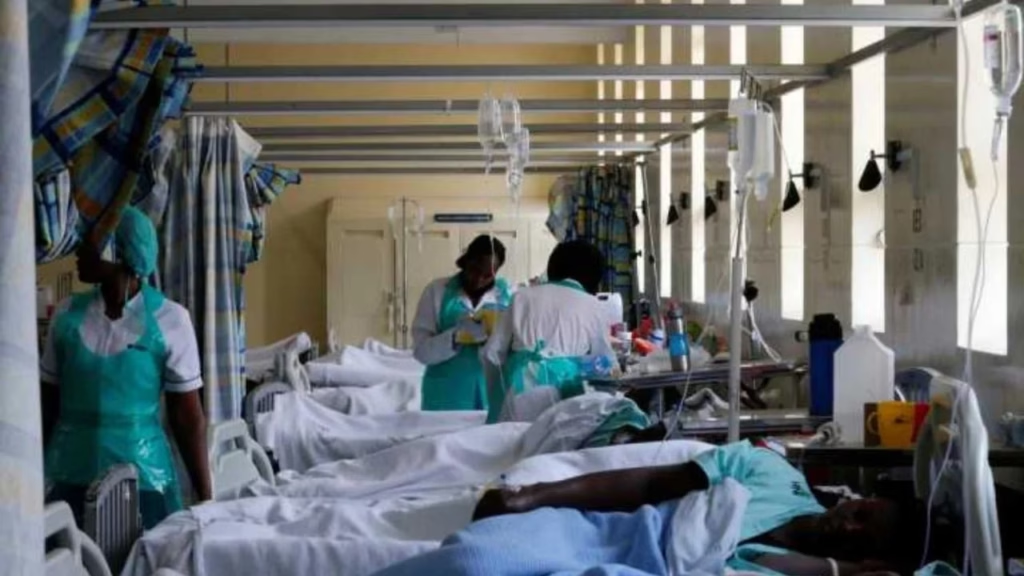A deadly cholera outbreak has claimed 13 lives and hospitalized 130 individuals across 16 local government areas in Niger State, northern Nigeria, officials confirmed. With 253 cases reported as of the latest update, the regions of Chanchaga, Bosso, Munya, Shiroro, Magama, and Bida are among the hardest-hit areas. Health authorities attribute the surge to contaminated rainwater consumption, which has accelerated the spread of the waterborne disease.
Chanchaga and Bosso districts recorded the highest infection rates, with 67 and 68 cases respectively, followed by Shiroro with 58 cases. Bida, Magama, and Munya each reported 20 cases. Dr. Ibrahim Ahmed Dangana, Niger State’s Commissioner for Primary Health, outlined coordinated efforts to contain the crisis, including the activation of treatment centers such as the Idris Kuta Primary Health Care Centre in the capital, Minna. Similar facilities in other affected regions have been designated to manage patient influx. “We’ve mobilized resources and partners to curb transmission,” Dr. Dangana said, emphasizing free medical care for all hospitalized patients.
Collaboration with international and local agencies forms a cornerstone of the response. The World Health Organization (WHO), Niger State Emergency Management Agency, and the State Water Board are aiding containment through resource distribution, water quality monitoring, and public education campaigns. The state government has also procured antibiotics and other medications to treat those infected. Officials are urging residents to boil drinking water, avoid unwashed produce, and prioritize food safety to minimize risks.
Dr. Ibrahim Idris, Director of Public Health in the Ministry of Tertiary Health, reported a decline in new infections, attributing it to intensified surveillance and community outreach. “Our teams are on the ground tracking trends and ensuring swift interventions,” he said, noting that hospital admissions are declining. Public health advisories stress the importance of hygiene, particularly during Nigeria’s rainy season, when water sources are more vulnerable to contamination.
Cholera, an acute diarrheal illness caused by ingesting bacteria-ridden food or water, can kill within hours if untreated. Outbreaks are recurrent in regions with limited access to clean water and sanitation infrastructure. While Niger State’s response has slowed transmission, the situation underscores systemic challenges in water safety and healthcare accessibility. Authorities caution that sustained vigilance and preventive measures remain critical to averting further loss of life.
